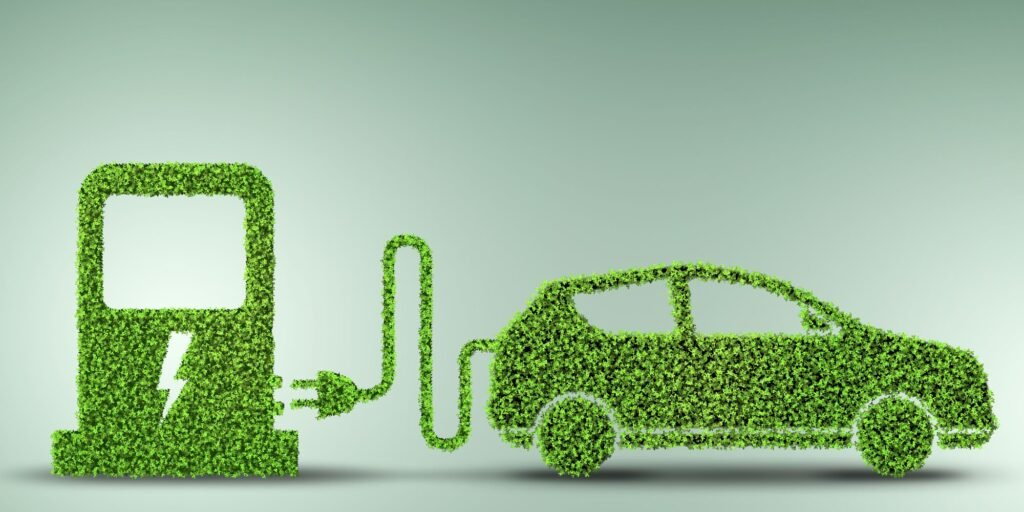The global climate crisis has created a significant imperative for industries, governments, and individuals to adopt sustainable practices. One of the transformative solutions gaining traction is the widespread adoption of electric vehicles (EVs). Beyond being a technological milestone, EVs play a crucial role in reducing our carbon footprint and combating climate change.
Conventional internal combustion engine vehicles are responsible for nearly 24% of global energy-related greenhouse gas emissions, making them one of the primary sources of carbon dioxide (CO2) emissions. In contrast, EVs produce zero tailpipe emissions, significantly decreasing the amount of CO2 released into the atmosphere. When powered by renewable energy sources such as solar or wind, the carbon emissions of EVs become almost negligible.
Furthermore, electric motors are vastly more energy-efficient than gasoline engines. EVs convert 60–80% of the energy from electricity into usable power, minimizing waste, whereas traditional vehicles only achieve 20–30% efficiency. In Sri Lanka, when considering the price of fuel, the cost of running an EV is less than 30% of what a user would pay for traditional petrol or diesel.

“The transition to electric vehicles is about securing a sustainable future for our planet, not merely technological innovation,” stated Virann De Zoysa, Group CEO of Evolution Auto (Pvt) Limited, the leading corporate with the largest electric vehicle portfolio in Sri Lanka. “By switching to electric vehicles and supporting renewable energy initiatives, we can significantly reduce harmful emissions and leave a healthier planet for future generations.”
The potential for EVs to enhance urban environments is often plagued by smog and air pollution, which can be seen even today in Sri Lanka. Vehicle emissions contribute to air pollution, leading to premature deaths, cardiovascular diseases, and respiratory issues. By replacing traditional vehicles with EVs, cities can achieve cleaner air and improved public health outcomes.
Consider cities like Oslo and Amsterdam, which have already witnessed tangible benefits from the adoption of EVs. Since the widespread use of EVs, nitrogen oxide (NOx) emissions in Oslo have decreased by 35%, while Amsterdam reports notable improvements in air quality due to its robust EV policy and infrastructure. These examples illustrate how cities worldwide can experience healthier living conditions and cleaner air. Public awareness campaigns and government incentives in EV-heavy cities like Oslo and Amsterdam demonstrate how the transition to cleaner transportation can be accelerated.
EVs are a vital part of the broader clean energy transition, alongside their environmental benefits. Advances in infrastructure and battery technology are facilitating EV integration with renewable energy grids. With vehicle-to-grid (V2G) technology, EVs can act as mobile energy storage units, returning unused energy to the grid and using electricity to charge their batteries as needed. This balances energy supply and demand, enhancing the system’s overall reliability and efficiency.
Electric vehicles are more than just a mode of transport; they are integral to addressing climate change and fostering healthier, cleaner cities. By embracing EVs, governments, businesses, and individuals can contribute to a more sustainable future. The journey towards sustainable transportation has already begun, offering a promising future powered by clean energy.





